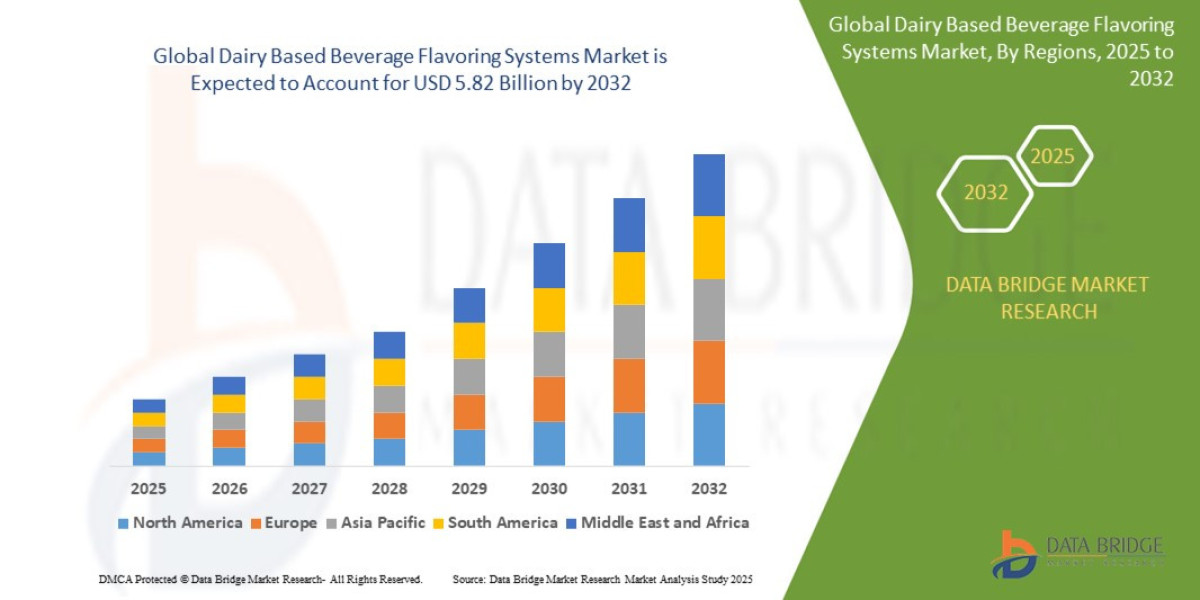In today’s fast-moving supply chain landscape, wholesale inventory management software is no longer a luxury—it's a necessity. Whether you're managing one warehouse or operating across multiple locations, real-time inventory tracking, demand forecasting, and streamlined operations are critical to running a profitable wholesale business.
What Is Wholesale Inventory Management Software?
Wholesale inventory management software is a digital system that helps wholesale businesses track, manage, and optimize inventory across warehouses, suppliers, and distribution channels. Unlike basic retail or e-commerce inventory tools, it is designed to handle bulk purchases, B2B order processing, multi-tier pricing, and complex supply chain workflows.
Why Is It Important for Wholesale Businesses?
Wholesale operations are typically more complex than retail or D2C businesses. You're dealing with:
High-volume bulk orders
Large product catalogs (SKUs)
Multiple suppliers and warehouses
Variable lead times
Tiered pricing models
Custom purchase orders and billing
Manual tracking through spreadsheets or outdated software often leads to stockouts, overstocking, missed orders, and customer dissatisfaction. An inventory management system solves these problems by automating key processes and centralizing data.
Key Benefits of Wholesale Inventory Management Software
Here’s how this software helps your business run more efficiently:
1. Real-Time Inventory Tracking
Get a live overview of stock levels, movements, and reorder points across all warehouses.
2. Streamlined Order Fulfillment
Automate order picking, packing, and shipping processes to reduce errors and delays.
3. Demand Forecasting
Use historical data and AI to predict inventory needs, minimizing stockouts and overstock.
4. Multi-Warehouse Management
Track inventory across multiple storage locations or distribution centers with ease.
5. Supplier Management
Automate reordering from vendors based on minimum stock levels and sales trends.
6. Custom Pricing & Discounts
Set up client-specific price tiers, discounts, and payment terms for better B2B relationships.
7. Reduced Operational Costs
By eliminating manual errors and optimizing stock levels, your business reduces waste and saves money.
8. Better Reporting & Analytics
Generate detailed reports on inventory turnover, top-selling items, aging stock, and more.
Top Features to Look For in Wholesale Inventory Management Software
When choosing a system, make sure it includes these core features:
| Feature | Description |
|---|---|
| Inventory Control | Track items by SKU, barcode, lot, or serial number |
| Purchase Order Management | Automate supplier orders and manage receiving and returns |
| Sales Order Management | Process B2B sales orders, backorders, and fulfill from multiple locations |
| Warehouse Management | Optimize picking, packing, and warehouse layout |
| Barcode Scanning | Enable fast and accurate stock movements with scanners |
| Bulk Order Processing | Handle large volume orders quickly and efficiently |
| Multi-Currency Support | Essential for international wholesalers |
| Accounting Integration | Sync with accounting tools like QuickBooks or Xero |
| B2B eCommerce Integration | Connect your inventory to online portals or marketplaces |
| Reporting & Dashboards | Visual KPIs and reports for better decision-making |
Best Wholesale Inventory Management Software for 2025
Here are some of the leading inventory solutions designed for wholesale distributors this year:
1. Cin7 Core
Cloud-based, scalable, and packed with features for wholesale
Integrates with eCommerce platforms like Shopify, Amazon, and QuickBooks
Excellent multi-location inventory control
2. NetSuite ERP
Enterprise-grade solution with strong inventory and financial modules
Ideal for mid-sized and large wholesale companies
Real-time analytics and workflow automation
3. Zoho Inventory
Great for small to medium wholesale businesses
Affordable with barcode scanning and purchase order features
Seamlessly integrates with other Zoho apps
4. Fishbowl Inventory
Powerful inventory and manufacturing management software
Strong integrations with QuickBooks and Xero
Good for growing wholesale and light manufacturing operations
5. Odoo Inventory
Open-source, modular ERP platform with robust inventory management
Highly customizable and scalable
Offers sales, procurement, CRM, and accounting in one system
6. Brightpearl
Built specifically for retail and wholesale
Great automation features and integrations with POS, CRM, and eCommerce
Ideal for omnichannel wholesale distributors
How to Choose the Right Software for Your Business
When comparing wholesale inventory software, consider the following:
Business Size & Complexity
Smaller businesses may only need basic tools, while larger operations will benefit from robust features like demand forecasting, integrations, and workflow automation.
Deployment Type
Most modern systems are cloud-based, but some businesses may prefer on-premise installations for security or customization reasons.
Integration Capabilities
Make sure the software connects with your CRM, accounting platform, eCommerce store, or shipping providers.
User Experience & Training
Look for intuitive UI and strong vendor support for onboarding and training.
Budget
Prices can range from $50/month for small systems to $1000+/month for enterprise solutions. Understand the total cost, including licensing, setup, support, and updates.
Common Mistakes to Avoid
Here are a few pitfalls to watch for during implementation:
Ignoring your workflow needs – Always align features with your actual business processes.
Overcomplicating setup – Start with essential modules and expand as needed.
Lack of staff training – Ensure your team is trained to use the system correctly.
Neglecting software updates – Stay current to benefit from security and performance improvements.
Final Thoughts
If you're serious about improving operational efficiency, reducing costs, and scaling your wholesale business, investing in the right wholesale inventory management software is a no-brainer. With the right platform, you’ll gain greater control over your inventory, enhance customer satisfaction, and make better data-driven decisions.
Whether you're a startup distributor or a large-scale wholesaler, choosing a system that fits your needs today—and grows with you tomorrow—can transform your business from chaotic to streamlined.








